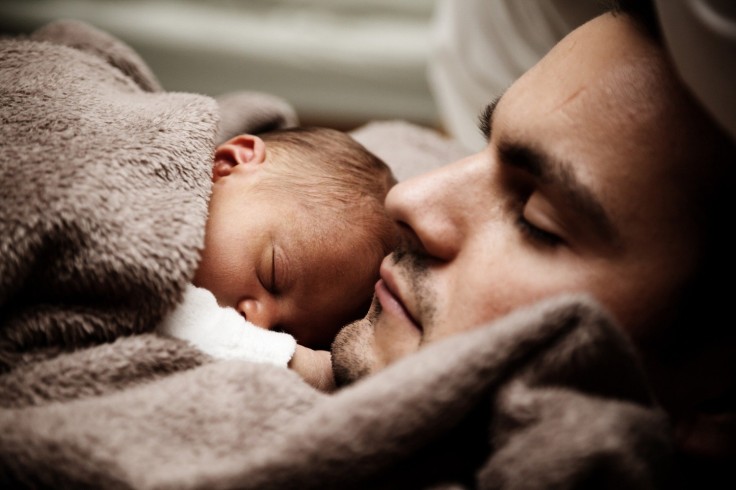
Co-sleeping is a very controversial topic among parents and pediatricians, with some studies revealing that it helps in the development of children. Co-Sleeping is the practice of parents sleeping in the same bed or in close proximity with a child.
Some parents settled with this type of sleeping as they feel that it is the only way they can catch any sleep themselves and treat it at the same time as a form of bond with their children.
Co-sleeping split the official stance between what parents can do and the opinions of doctors and pediatricians.
Parents must make sure that their child is getting enough sleep for his or her age and development, per Children's Health.
The truths about co-sleeping
The majority of parents have a natural inclination to sleep proactively close to their babies and data revealed that co-sleeping increased. In 2015, U.S. Centers for Disease Control and Prevention survey determined that roughly 61% of American babies share a bed at least some of the time.
The American Academy of Pediatrics (AAP) updates the safe sleeping guidelines in June 2022, whereas, parents should never let their baby sleep in the bed with them due to the risk of suffocation, sudden infant death syndrome (SIDS), and other sleep-related deaths.
According to the data compiled by NPR in 2018, a low-risk baby refers to a baby who doesn't have any medical conditions that interferewith breathing and other risks, has a 1 in 16,400 while sleeping in a crib in a parent's room.
Whereas a review of evidence in 2021 from the Uk regarding the risks of co-sleeping are higher when co-sleeping occurs on a sofa vs. a bed, the baby is nearly 100 days old, co-sleeping is done all night, if the adult who shares the bed has drank alcohol, and if the adult co-sleeping has smoked, per Parents.
Read Also: What Are the Pros and Cons of Co-Sleeping?
Considering kid's situation
James J. McKenna, Anthropologist, Director emeritus of the Mother-Baby Behavioral Sleep Laboratory at the University of Notre Dame, and the author of Safe Infant Sleep: Expert Answers to Your CoSleeping Questions, have argued that parents and children can sleep together but safely as he devoted his career to understand what happens to babies and adult or caregivers when they sleep together versus when they are apart.
McKenna explains that about nearly 500 years ago, Western Societies diverged from the rest of the world regarding family sleep. The historical records from Norther Europe reveal that Catholic priests overheard confessions from destitute women who had overlain onto the newborns which suffocates them in an attempt to minimize their family size as they couldn't support another child and so the church ordered that babies should sleep in a different and separate cradle until they reach the age of three.
He highlighted that when adults and babies sleep together, they sleep more lightly and wake up often. Although it might sound disagreeable, Kenna claims that it is safer specifically in the first few months of life as it establishes more opportunities for adult or caregivers to check their babies and for infants to recalibrate their breathing to the adult ones. Lighter sleep is salient for synaptogenesis, the quick growth of connections between the newborns and neurons, per Greater Good.
Related Article : Co-Sleeping With Your Baby Is Not Always Safe, But Here Are Some Things To Make It Work